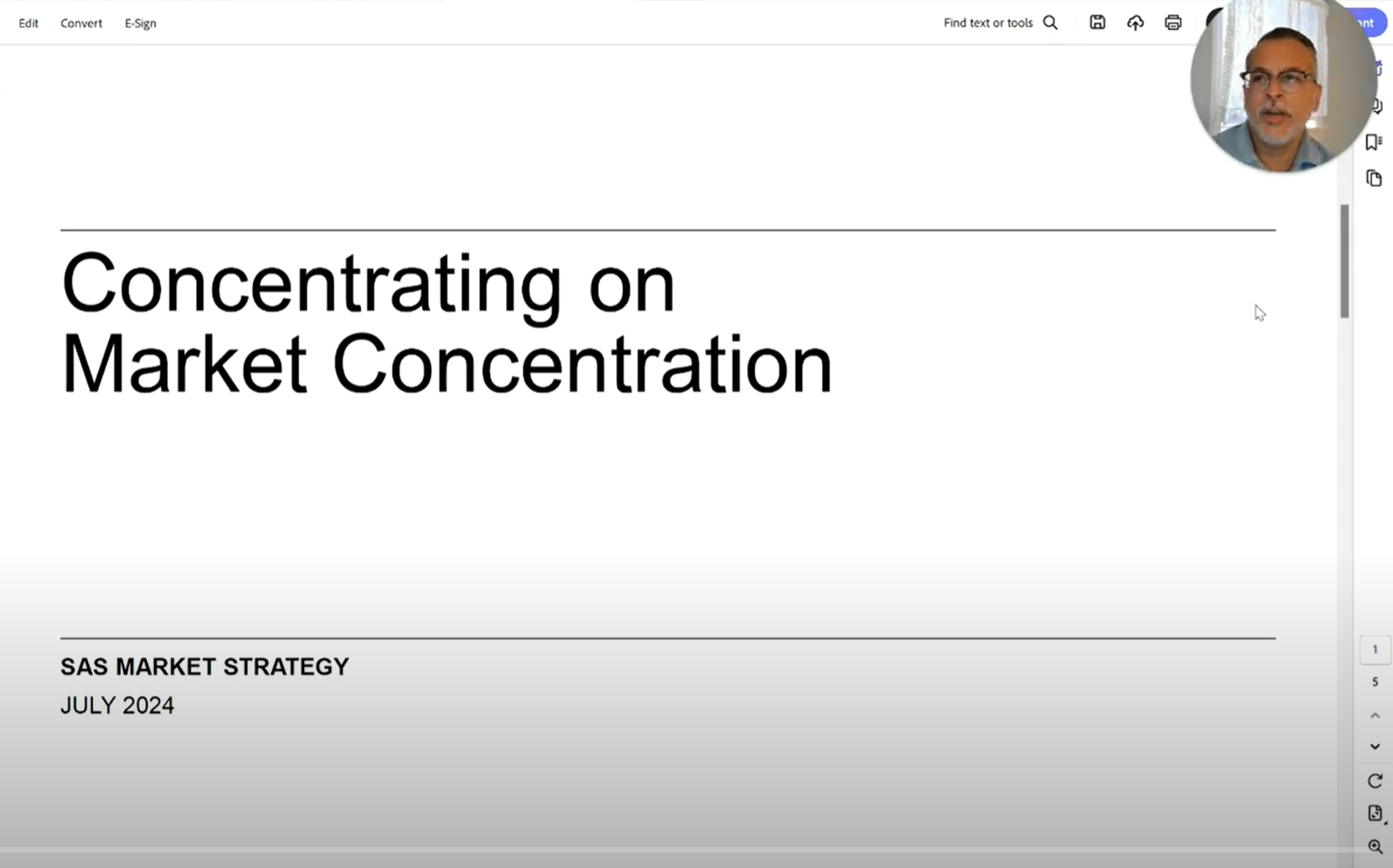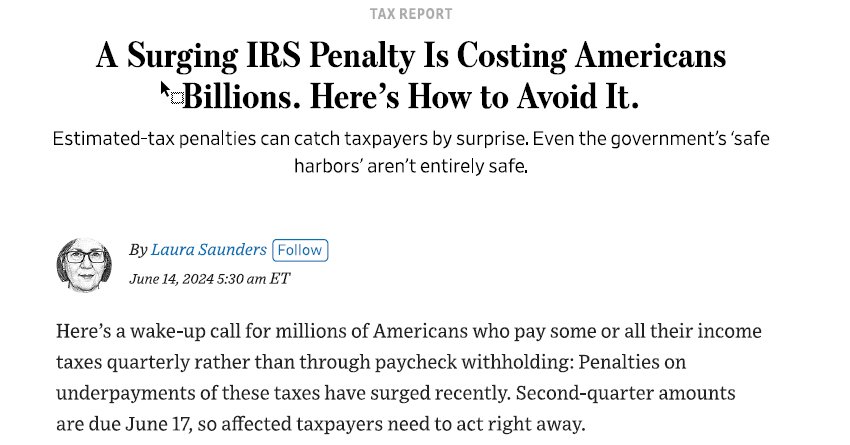Of the 46 previous declines of -10% or more in the stock market (S&P500), a little more than a third (19) became bear markets, defined as a drop of at least -20%. Most of the -10% pull-backs – as sharp and painful as they are – turned out to be just false signals and momentary detours as the market resumed its upward march within months. The Market at times becomes divorced from fundamentals, and over-obsessed with ‘headline’ risk. Over-interpreting the ‘signal’ from these pullbacks is almost always a losing proposition. Discipline in the face of noise is essential to long term out-performance.
I have also observed that every now and then different asset markets go through bouts of over-pessimism or over-optimism. You may hear that a certain asset class (e.g. high-yield bonds) or sector (e.g. pharma) is ‘trading on sentiment’ rather than fundamentals; or that its price reflects an implausibly negative economic scenario. During these windows of opportunity (when sentiment dominates fundamentals) you may see prices of an entire asset class deviate dramatically from their intrinsic long-run value. Tilting the allocation in favor of the oversold asset based on a clinical analysis of other adjacent markets can often pay off when relative valuations come back into line. Bottom line, Asset Markets do overshoot on occasion.
In summary, the keys to successful investment outcomes include:
•Deep understanding of financial market and economic history – they say history doesn’t repeat itself but it often rhymes.
•Disciplined allocation framework for calibrating stock and bond market exposure at key inflection points in the economic and interest-rate cycle
•Readiness to take measured risks in those times when certain asset markets become ‘dislocated’ or detached from fundamentals.
•A focus on after-tax, after-fee returns
•Willingness to invest in educating each (willing) client on how our capital markets function
In terms of our approach to constructing portfolios we believe that Market-Tracking ETFs should form the backbone. Thanks to regulation and the internet, information about an individual company’s financial or operating metrics is now instantly available to all market participants. The Mutual Fund business of hiring expensive research analysts to synthesize public company information seldom yields an enduring edge versus the market. Market-Tracking ETF’s is the way to go for the core Stock/Bond exposure.
The diminishing ability of the big, traditional Mutual Fund houses to deliver out-performance has actually been going on for 2 decades. However, the last 7 years have been particularly challenging. Recent stats indicate that the probability of a US stock Mutual Fund beating its Index is less than 1 in 5 after expenses and taxes.
It is very hard to produce evidence to rebut our baseline assumption that the optimal instrument for avoiding under-performance in the current environment is a Market-tracking ETF. Which Markets to track and in what proportions becomes the focal point of the Asset Allocation framework we employ at SPP.
Let me end by saying that the arrival of low-cost Market-Tracking Funds (aka ‘ETFs’) has been a disruptive force like the industry has never seen. It started with US equity Markets and now it’s picking up speed in Bond Markets too. Q1 of 2017 saw the biggest flows ($36 Billion) into Bond-Market ETF’s ever. This wave is not diminishing in intensity. Every month I hear of quiet layoffs from the big Boston Mutual Fund companies. It is an industry in contraction and soon we will see even more consolidation. I will dedicate my next blog to a deeper dive on why the Mutual Fund industry has been so resistant to change in the face of this competitive threat.
PS: You should also know that I, along with my wife Nancy, are raising two amazing daughters (13 and 9-and-a-half.) They serve to remind me of the power of patience and deferred gratification… just like investing for growth, good things come to those (parents) who can keep their gaze on the horizon and ride out the occasional storm 😊
Source: sfcfo_archive














